Can Discus Fish Live With Angelfish?: Are you considering keeping discus fish and angelfish together in the same tank? You’re not alone – many aquarium enthusiasts wonder if they can coexist harmoniously. In this article, we’ll explore the compatibility of discus fish and angelfish and provide tips for creating a healthy environment for both species.
While discus fish and angelfish both hail from the Amazon River basin, they have different behaviors, temperaments, and requirements. So the question arises: Can discus fish live with angelfish? Let’s find out!
Table of Contents
Key Takeaways:
- Discus fish and angelfish have different behaviors and requirements, but it is possible for them to live together harmoniously.
- The tank size, setup, water parameters, feeding habits, and tank mates all play a crucial role in determining their compatibility.
- Regular monitoring and maintenance are vital to ensure the well-being of both species.
- Challenges may arise, but by understanding their behavior and providing proper care, it’s possible to create a beautiful and balanced tank with discus fish and angelfish as companions.
Can Discus Fish Live With Angelfish?: Understanding Discus Fish Behavior
As an aquarium enthusiast, I have learned that discus fish are an excellent choice for a peaceful community tank. They have a calm disposition and are a delight to watch. However, it’s crucial to understand their behavior before keeping them with other fish, such as angelfish.
Discus fish are known for their peaceful nature but can be sensitive to changes in their environment. They thrive in an environment that is stable and consistent, with minimal disruptions. Even small changes in water conditions, such as temperature or pH levels, can cause stress and make them more susceptible to illness. Therefore, it’s important to keep the tank parameters consistent when keeping discus fish with angelfish.
Discus fish are also relatively slow-moving and do not compete well with faster or more aggressive fish. Thus, if you plan to keep them with other species, it’s important to choose compatible tank mates that won’t stress or harm the discus fish. We will discuss compatible tank mates in more detail in section 8.
Discus fish also require plenty of hiding spots, such as plants or driftwood, to feel secure. They often retreat to these hiding spots to rest or escape from stressors in their environment, such as other fish or too much light.
In summary, understanding the behavior of discus fish is essential when keeping them with other fish, such as angelfish. They require a stable and consistent environment, compatible tank mates, and plenty of hiding spots to feel secure. In the next section, we will explore the behavior of angelfish.
Learning About Angelfish Behavior
When keeping discus fish and angelfish together, it is important to know about the behavior of both species. Angelfish are known to be a bit territorial and can become aggressive towards other fish if they feel their space is being threatened. Therefore, it’s crucial to ensure that the tank is spacious enough for both fish species to swim freely without feeling cramped or crowded. Providing ample hiding spots and plants can help create boundaries and territories for angelfish to claim as their own.
One thing to note is that angelfish are known to sometimes nip at the fins of other fish, including discus fish. While it is not always the case, it’s important to monitor their behavior closely to prevent any injuries. Having a well-planted aquarium with plenty of territories can help prevent any aggression towards other fish.
Overall, understanding the behavior of angelfish is vital when considering keeping them with discus fish. Providing adequate space, hiding spots, and territories can help prevent any aggression towards other fish in the tank.
Tank Size and Setup
The tank size and setup are crucial components to consider when thinking about keeping discus fish and angelfish together. These species require ample swimming space and hiding spots to create a secure environment.
For discus fish, a single adult specimen requires a minimum of 10 gallons of water. For a school of discus, it is recommended to increase this to at least 50 gallons. On the other hand, angelfish need at least 20 gallons of water per adult specimen. Therefore, when keeping both species together, a minimum tank size of 50-75 gallons is necessary to provide enough space for them to coexist peacefully.
It’s also essential to create a suitable environment for both species. Discus fish feel comfortable with low lighting and a dark substrate, while angelfish may prefer brighter lighting and a lighter substrate. Adding live plants is a good idea, as it can help provide hiding spots and areas for relaxation for both fish.
Creating an environment with several hiding spots in the form of caves or poorly lit areas can allow both species to have a sense of safety and security. Aquatic driftwood or decor can create natural barriers and add aesthetic value at the same time.
Water Parameters
Maintaining the proper water parameters is crucial for the well-being of both discus fish and angelfish. These species have specific requirements that must be met to ensure they thrive in the same tank.
Firstly, the temperature should be maintained between 78-82°F for discus fish and 75-82°F for angelfish.
The pH level should be around 6.0-7.0 for discus fish and slightly higher at 6.5-7.5 for angelfish.
It’s also important to keep the tank water clean by performing regular water changes. A good rule of thumb is to change 25% of the water every week.
Using a high-quality water conditioner can also help maintain the proper water parameters and reduce stress on the fish.
Fig.1 – Maintaining proper water parameters is vital for the compatibility of discus fish and angelfish.
Feeding Habits
Feeding discus fish and angelfish in the same tank requires attention to their distinct dietary needs. Discus fish are primarily carnivorous and require a protein-rich diet, whereas angelfish are omnivores that benefit from a varied diet and plant matter.
It’s essential to feed both fish species separately, as discus fish can be slow eaters, and the angelfish may consume all the food before the discus have had a chance to eat. Additionally, overfeeding can lead to poor water quality, which can harm both species.
Pro tip: Consider feeding discus fish and angelfish at different times of the day to minimize competition and ensure both species receive ample nutrition.
Potential Aggression
One of the main concerns when keeping discus fish and angelfish together is the potential for aggression between the two species. While both fish are generally peaceful, certain factors can trigger territorial behavior and lead to skirmishes.
Therefore, it’s essential to monitor their behavior closely and intervene if necessary. If any signs of aggression appear, such as nipping or chasing, it’s best to separate the fish into different tanks or rearrange the tank environment to reduce competition for space or hiding spots. Additionally, adding more fish to the tank can dilute aggressive behavior, as both discus fish and angelfish may feel more secure within a larger group.
Overall, with proper care, discus fish and angelfish can coexist peacefully in the same tank. However, it’s crucial to be diligent and responsive to any signs of aggression to ensure the well-being of both species.
Tank Mates
When it comes to keeping discus fish and angelfish together, selecting compatible tank mates is crucial for their well-being. While both discus fish and angelfish are stunning species, not all fish are suitable companions as they can stress or harm each other. When choosing tank mates, look for sociable fish species that share similar water parameter requirements and temperaments.
If you’re unsure which fish species would make good tank mates for your discus fish and angelfish, consult with a trusted aquarium specialist who can provide expert guidance.
Did you know? Some potential tank mates for discus fish and angelfish include neon tetras, cardinal tetras, rummynose tetras, corydoras catfish, and bristlenose plecos.
Introducing Discus Fish and Angelfish
Bringing discus fish and angelfish together in the same tank is not an easy task. Discus fish and angelfish compatibility requires careful planning and patience. The key to success is following a slow and gradual acclimation process to minimize stress and ensure a smooth transition.
When introducing discus fish and angelfish, it’s important to remember that angelfish are territorial fish and can become aggressive towards new tank mates. Proper preparation and monitoring are necessary to minimize aggression and ensure the safety of all fish.
The first step in introducing discus fish and angelfish is to quarantine the new fish separately for at least two weeks to ensure they are disease-free. After quarantine, gradually introduce them to each other’s presence by placing the new fish in a separate part of the tank for a few hours each day. Observe their behavior carefully during this period.
If there is no aggression, you can begin to slowly introduce them by putting the new fish into the main tank, but separated by a divider for a few more days. Remove the divider after this period, and continue to observe their behavior. Feeding them together at the same time can help reduce aggression and create a positive association with each other.
Remember to monitor their behavior closely during and after the acclimation process, adjusting the process if necessary. With proper care, discus fish and angelfish can coexist harmoniously in the same tank, bringing beauty and color to your aquarium.
Monitoring and Maintenance
As a responsible aquarist, monitoring and maintenance of your discus fish and angelfish tank mates should be a top priority. Regular checks on water quality, temperature, and pH levels should be done consistently to ensure the well-being of both species.
Water quality is integral to the health of discus fish and angelfish. To maintain optimal water conditions, I recommend conducting weekly water changes of at least 25% of the total tank volume. This helps remove buildup of toxins and keep water parameters balanced.
Furthermore, feeding is a crucial aspect of maintenance that should not be overlooked. Frequent feedings in small quantities of high-quality food are recommended. Discus fish and angelfish require a balanced diet that includes protein and nutrients to ensure proper growth and health.
Overall tank conditions such as cleanliness and equipment functioning should also be monitored closely. A well-maintained tank is not only visually appealing but also helps maintain the health of your discus fish and angelfish.
Troubleshooting Challenges
While initial compatibility considerations and proper care can create a peaceful cohabitation, some challenges may arise when keeping discus fish and angelfish in the same tank. Here are some common issues and potential solutions:
Aggressive Behavior
Despite their generally peaceful nature, both discus fish and angelfish can exhibit aggression towards each other. If this happens, it is important to first assess the level of aggression and consider separating the fish if it persists. Providing more hiding spots, rearranging the tank decor or adding more fish can help decrease aggression and provide a more balanced environment.
Compatibility with Other Fish
Not all fish species are suitable to live with discus fish and angelfish, which could stress or harm them. Before introducing any other fish species, research their compatibility with discus and angelfish to avoid issues down the line. If problems do arise, removing the incompatible fish and monitoring the behavior of the remaining inhabitants can help to restore balance in the tank.
Water Parameters
If either discus fish or angelfish show signs of stress, their water parameters should be closely monitored. Check the temperature, pH, and ammonia levels of the tank. Adjust as needed to ensure a healthy and balanced environment for all fish in the tank.
Maintenance
To avoid potential issues, it is important to maintain good tank conditions by performing regular water changes and cleaning the tank decor. Keeping the tank in good condition will help prevent any issues that could arise from poor water quality or hygiene.
Conclusion
After exploring the compatibility of discus fish and angelfish, I have come to the conclusion that they can live together harmoniously in the same tank. However, this requires careful consideration and monitoring to ensure their well-being.
By understanding the behavior of both species, selecting a suitable tank setup, maintaining proper water parameters, and choosing compatible tank mates, it’s possible to create a beautiful and balanced tank with discus fish and angelfish as companions.
Remember to acclimate them carefully, monitor and maintain their environment regularly, and intervene if necessary when any potential aggression arises.
With these measures in place, discus fish and angelfish can coexist peacefully and bring joy to any aquarium enthusiast.
Thank you for reading and I hope this information has been helpful in providing insight into discus fish and angelfish compatibility.
FAQ
Can discus fish live with angelfish?
Yes, discus fish can live with angelfish under the right conditions. It’s important to consider tank size, water parameters, and compatible tank mates to ensure a harmonious coexistence.
Are discus fish and angelfish compatible?
Discus fish and angelfish can be compatible if their needs are met. Both species have specific behavior traits and care requirements that should be considered before keeping them together.
Can discus fish and angelfish coexist peacefully in the same tank?
Yes, discus fish and angelfish can coexist peacefully in the same tank if proper precautions are taken. It’s important to provide enough space, hiding spots, and monitor their behavior closely to ensure a peaceful environment.
What are some suitable tank mates for discus fish and angelfish?
Suitable tank mates for discus fish and angelfish include peaceful community fish that don’t stress or harm them. Good options may include tetras, rasboras, and corydoras catfish.
How should I introduce discus fish and angelfish?
When introducing discus fish and angelfish, it’s important to follow a careful acclimation process. Slowly introducing them to each other’s presence over time can help reduce stress and promote a smooth integration.
What challenges may arise when keeping discus fish and angelfish together?
Challenges that may arise when keeping discus fish and angelfish together include potential aggression between the species, dietary differences, and maintaining suitable water parameters for both. Close monitoring and timely intervention can help address these challenges.
What should I consider when selecting tank mates for discus fish and angelfish?
When selecting tank mates for discus fish and angelfish, it’s important to consider their compatibility in terms of behavior, size, and care requirements. Avoid aggressive or territorial fish that may harm or stress the discus or angelfish.
How do I ensure the well-being of discus fish and angelfish in the same tank?
To ensure the well-being of discus fish and angelfish in the same tank, regular monitoring and maintenance are crucial. This includes observing water quality, providing suitable nutrition, and maintaining a clean and stress-free environment.
Can discus fish and angelfish live together long-term?
Yes, discus fish and angelfish can live together long-term if their care requirements are met and any potential challenges are addressed. With proper care and monitoring, they can thrive in the same tank.
References
The International Discus Association (IDA)
The Discus World International (DWI)
The South American Cichlid Association (SACA)
The American Cichlid Association (ACA)
You may also be interested in other articles like:
Master Breeding Techniques for Angelfish – A Guide for Hobbyists
Mastering Dwarf Puffer Fish Care: A Friendly Guide
Male or Female Betta? How to Tell – Your Ultimate Guide
Complete Guide to Plecostomus Tank Size: Tips and Advice
Simple Guide to Easy-to-Care-for Aquarium Plants
Discover the Diverse Corydoras Catfish Varieties- A Guide
Get to Know Various Types of Algae Eaters
Master Guide: Best Water Parameters for Goldfish Care 2023-24
Mastering Black Ghost Knife Fish Care: A Comprehensive Guide
Optimal pH Levels for Tropical Fish: Essential Aquarium Guide
Discovering Freshwater Snail Species: An In-depth Guide
Expert Tips for Breeding Guppies: Keys to Successful Fishkeeping
Discover Peaceful Community Fish: Your Guide to Calm Aquatics
Ultimate Guide to Live Food for Betta Fish — Healthy Choices
Complete Guide to Your Perfect Cichlid Tank Setup
Your Guide to the Best Substrate for Planted Aquariums
Essential Guide to Discus Fish Care: Help Your Pets Thrive!
Grow Your Own Eden: Beginner-Friendly Aquascaping Plants Guide
Perfect Neon Tetra Tank Mates: Guide to Aquarium Harmony
Product Review of Eheim Classic vs Professional
The Ultimate Guide to Discus Fish Care
What Fish Can Live With Discus?
Ideal pH for Discus Fish | Aquarium Water Guide
How to Sex Discus Fish?: A Simple Guide for Hobbyists
I am a passionate aquarist with over 30 years of hands-on experience in fishkeeping. My journey began at a young age, collecting fish from the wild and learning through experimentation. Specializing in tropical fish, I bring a deep understanding of the hobby to FishKeepingMadeSimple. The site provides honest, detailed reviews of essential products and accessories to help fellow enthusiasts create the best environments for their fish.

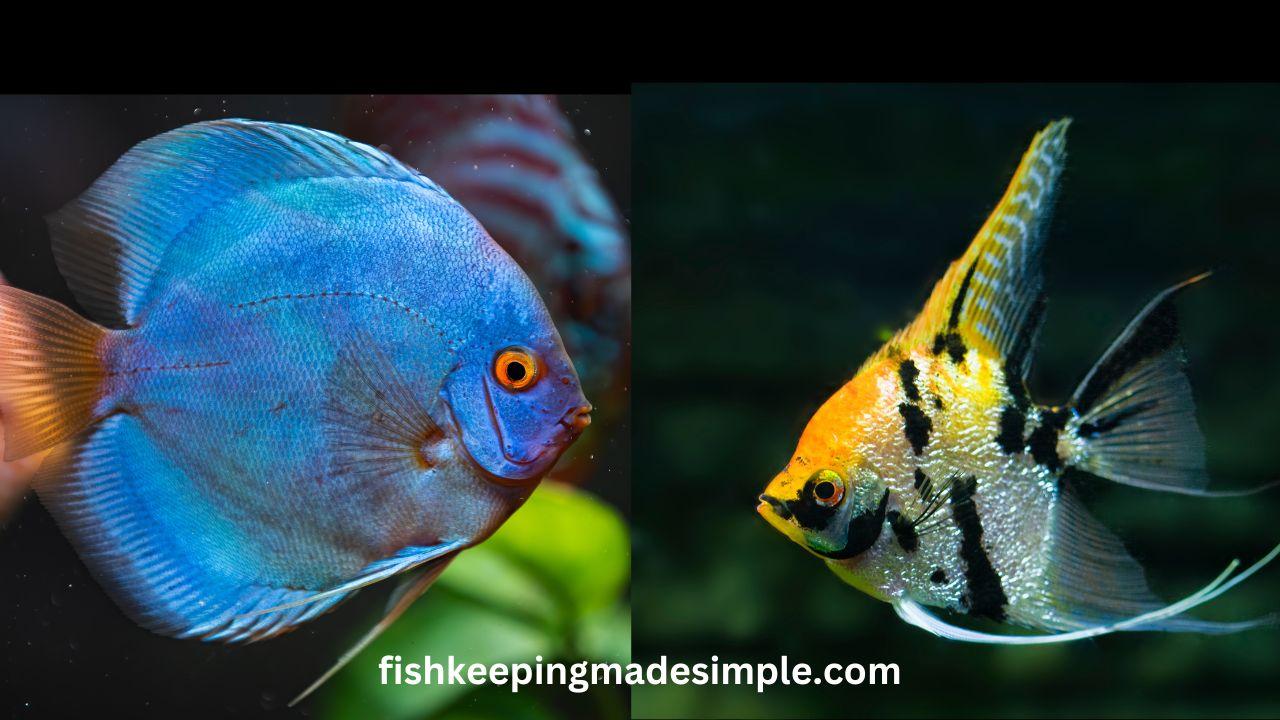


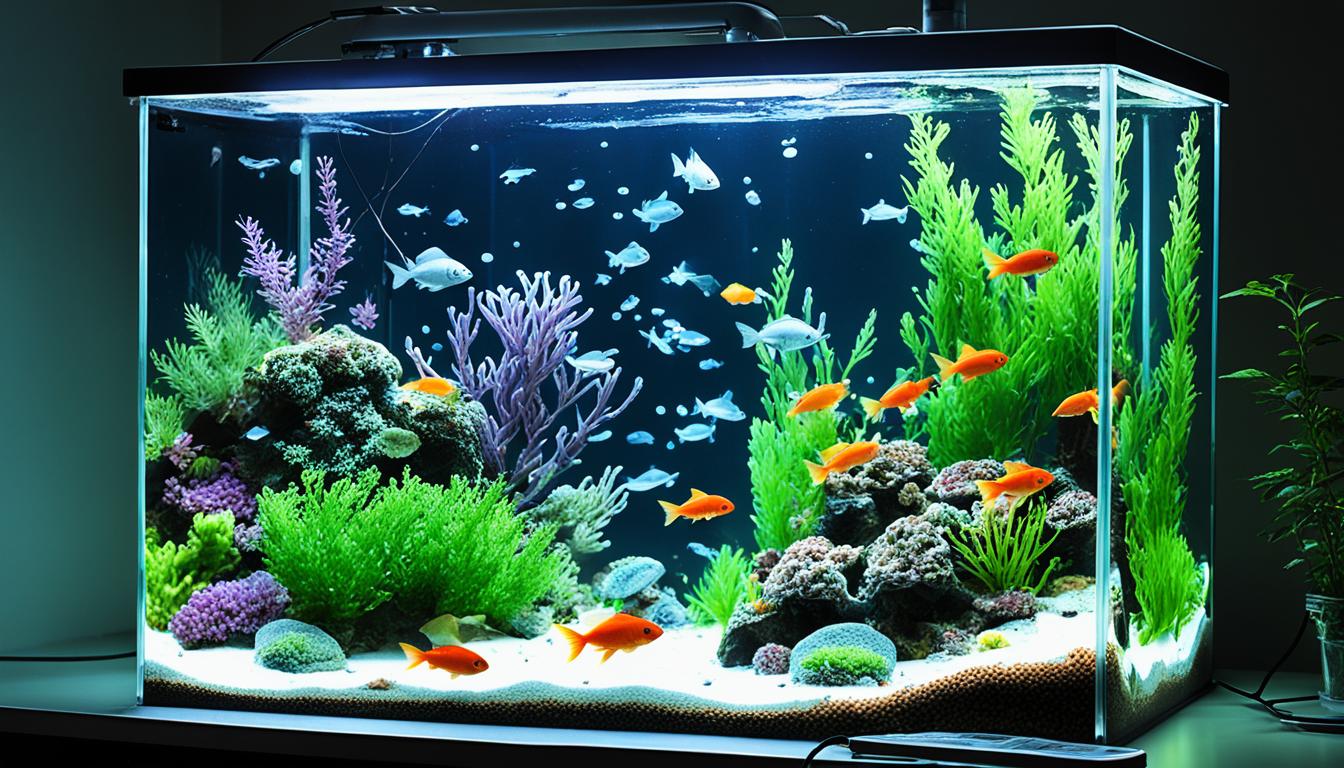
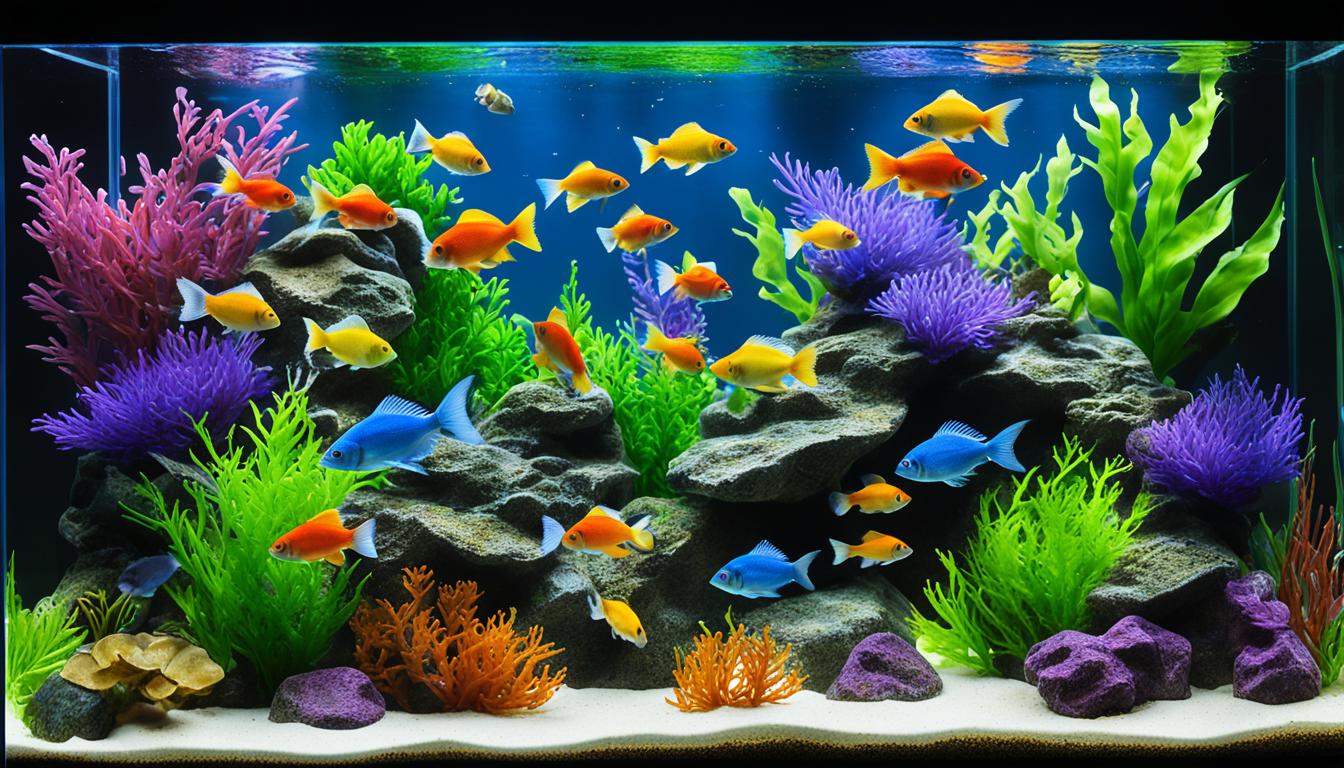
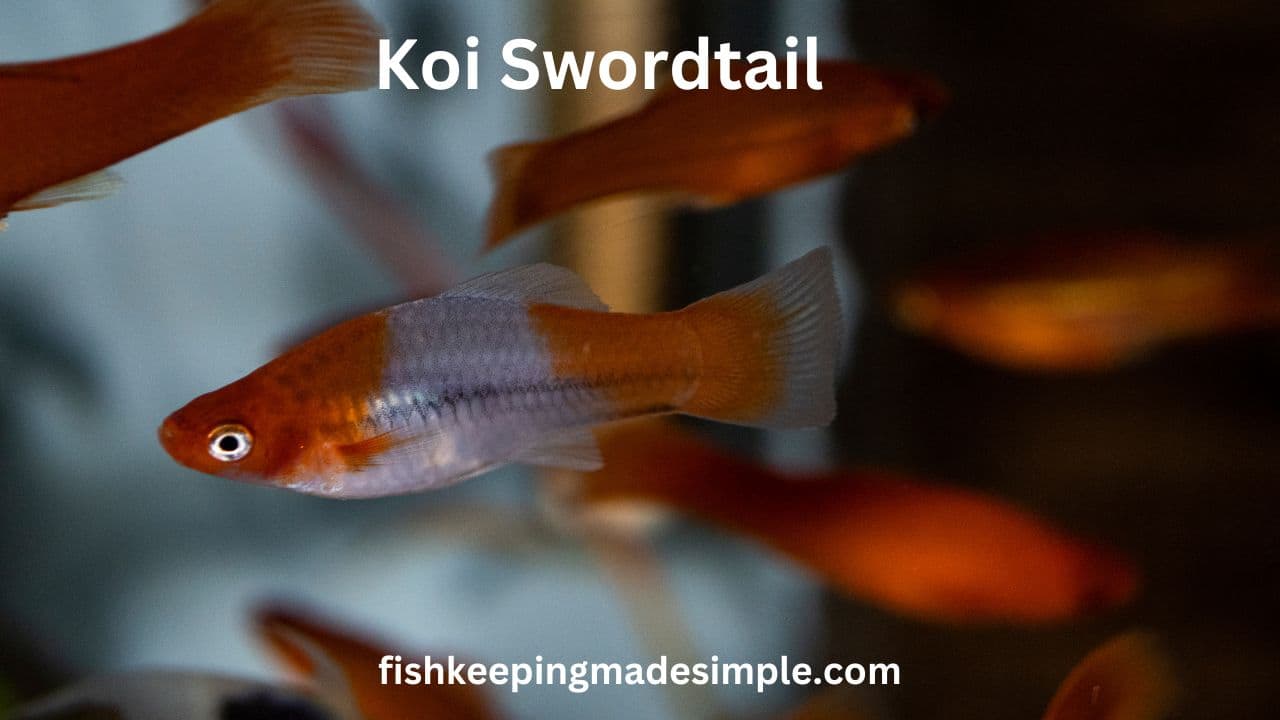

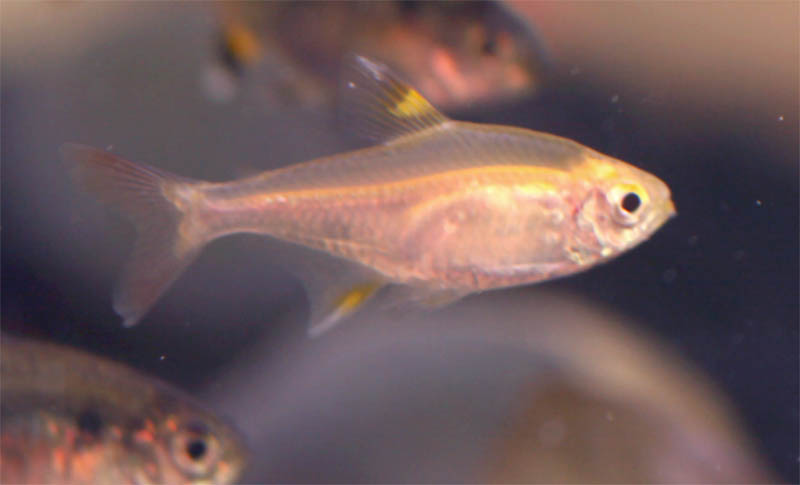
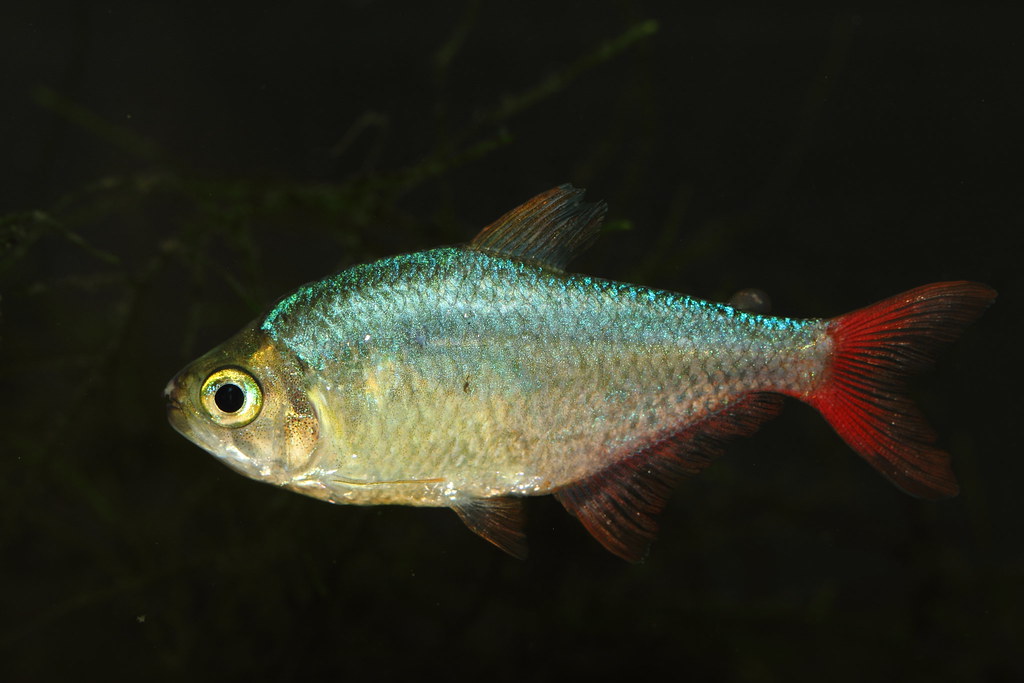
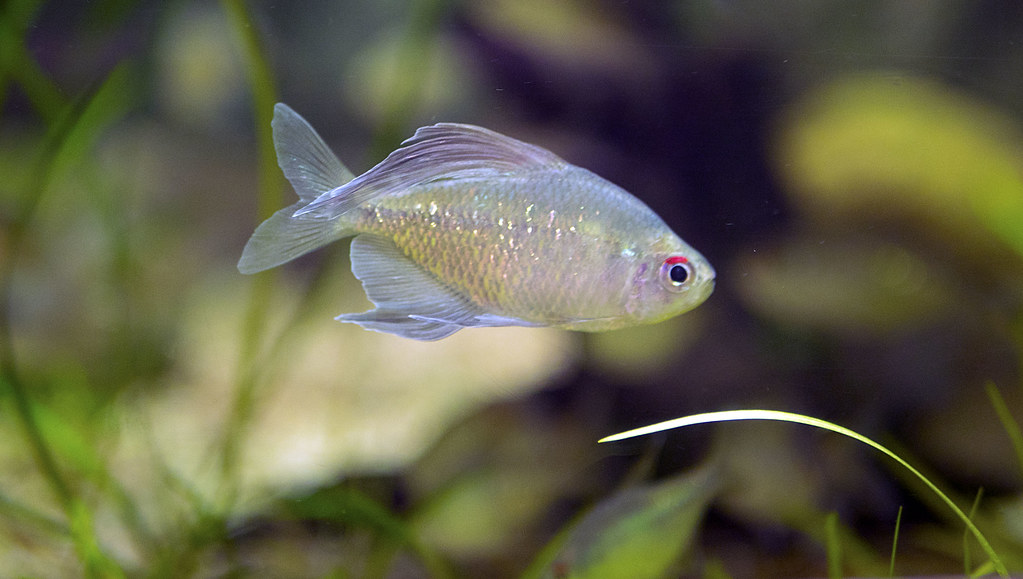
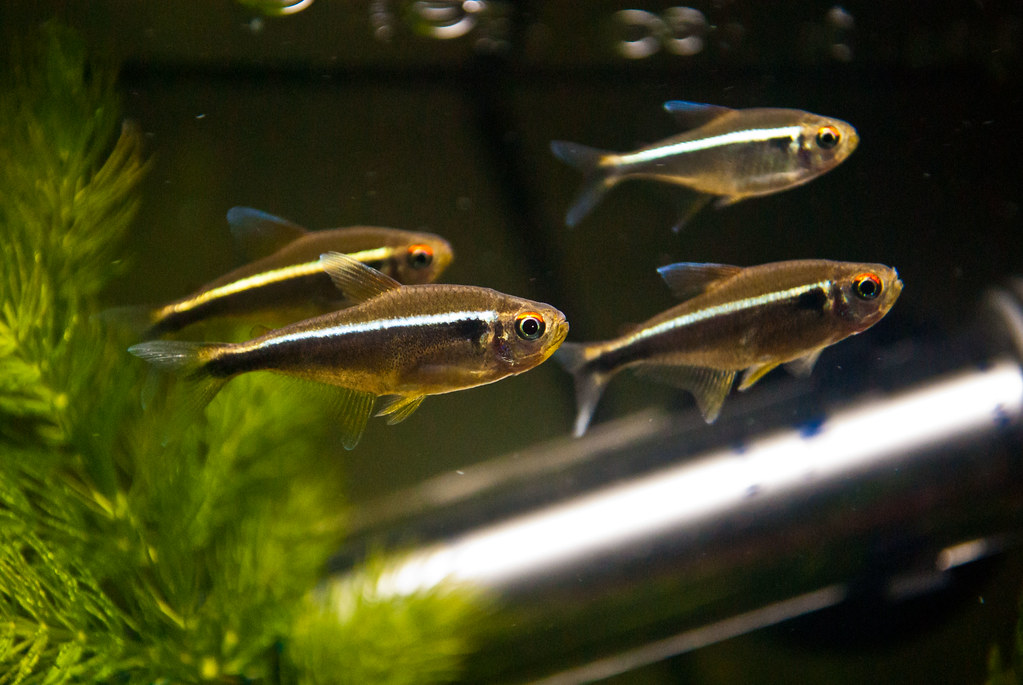
[…] Can Discus Fish Live With Angelfish? The Complete Guide […]
[…] Can Discus Fish Live With Angelfish? The Complete Guide […]
[…] Can Discus Fish Live With Angelfish? The Complete Guide […]
[…] Can Discus Fish Live With Angelfish? The Complete Guide […]
[…] Can Discus Fish Live With Angelfish? The Complete Guide […]
[…] Can Discus Fish Live With Angelfish? The Complete Guide […]
[…] Can Discus Fish Live With Angelfish? The Complete Guide […]
[…] it’s essential to do your research and understand their unique dietary requirements. Some fish may require live or frozen foods, while others may prefer pellets or flakes. Ensure you feed your fish the […]
[…] Can Discus Fish Live With Angelfish? The Complete Guide […]
[…] Can Discus Fish Live With Angelfish? The Complete Guide […]
[…] Can Discus Fish Live With Angelfish? The Complete Guide […]
[…] Can Discus Fish Live With Angelfish? The Complete Guide […]
[…] Acting quickly and seeking veterinary advice when necessary is essential to preventing the spread of parasites and saving your fish’s lives. […]
[…] Can Discus Fish Live With Angelfish? The Complete Guide […]
[…] for their head growth is crucial. It’s not just for looks. The right diet means a healthy, lively fish. To improve their already bold look, the right diet is a […]
[…] natural filters, cleaning the water of toxins. By keeping these bacteria healthy, you ensure your fish live in a balanced, safe […]
[…] Arowana from live feeder fish to pellets requires patience and methodical […]
[…] the wild, these fish live in shallow waters with slow, acidic water. They enjoy sandy bottoms and a lot of […]
[…] livebearers stand out as a unique group. Unlike their egg-laying counterparts, livebearing fish give birth to live young, making them an intriguing addition to any […]
[…] Bolivian Ram Cichlids to be healthy, the right diet and feeding routine is crucial. These fish are omnivores and need various nutrients to live well in […]
[…] fish can live for about four years. Their gentle nature and beautiful colors make them loved by many fishkeepers. […]
[…] important thing to note about Balloon Molly fish is their social nature. They are shoaling fish and prefer to live in groups of at least two to three individuals. Keeping them in smaller numbers may not allow them […]